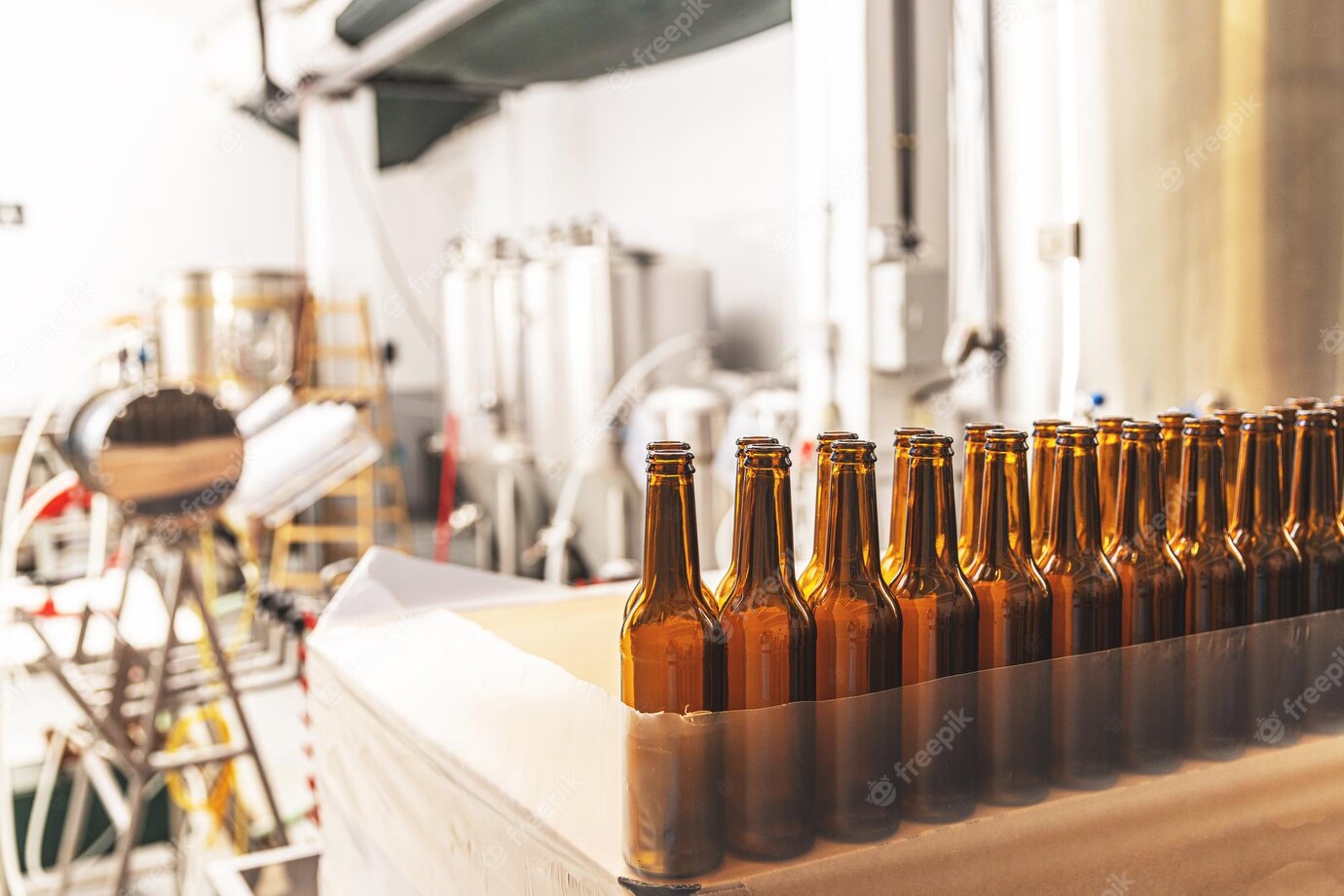Unlock the secrets to your favorite Belgian Beer! Get the tips and tricks to master Brews from Belgium.
Are you a beer lover interested in creating unique flavours like Belgian Beers but not sure where to start? Don’t worry; this article is for you. Here you’ll find all you need to know about brewing Belgian Beers, from the tips and tricks to the best ingredients and raw materials required. So, buckle up and let’s get started on our journey in the world of Belgian beer tasting.
Brewing Belgian Beers: Tips and Tricks
Belgian beer has a special place in the hearts of passionate beer drinkers across the world. While the beers on the shelves at your local alcohol store have gotten their fair share of recognition, the beers brewed in-house by those with the ambition and skill is an entirely different experience. Brewing Belgian beers in your own home requires quite a bit of work, but it provides you with the satisfaction of making something great, as well as being a great conversation starter at your next party. Here are a few tips and tricks that will get you started on your way to becoming a master of Belgian beer.
Know Your Yeast
Perhaps the most important aspect of successfully brewing Belgian beer is knowing your yeast. Yeast is the microorganism responsible for fermentation, meaning it is essential for turning the sugars you feed it into alcohol. Different strains of yeast give the beer different characteristic flavors. For the classic Belgian beers, a strain known as “trappist yeast” is essential. This strain produces a fruity, spicy flavor and is perfect for a number of Belgian-style beers.
Choose the Right Grains
Grains are what provide the sugars for the beer. For Belgian-style beer, it is important to get grains that are high in maltose. Maltose is a type of sugar that breaks down easily during fermentation, which is the reason why Belgian beers often have a higher alcohol content than other beers. For this reason, barley, barley malt, and wheat are all great choices for your grain.
Play Around With Herbs
In addition to the grains, one of the defining traits of Belgian-style beers is the addition of herbs. Coriander, aniseed, sweet orange peels, and a variety of other dried herbs and spices are added to the beer to give it its signature flavor. There is no one “right” blend of herbs, so experimenting to find the perfect blend for your beer is encouraged.
Choose the Right Hops
Hops are the little bursts of flavor and aroma you get in beer. They can range from subtle citrus to full-blown tropical fruit depending on the variety you choose. For Belgian-style beers, it is important to go with a gentler hop. Its role should be to give the beer a bit of complexity, not to overwhelm it with a sharp, overpowering bite.
Play With Temperatures
Different temperatures are essential to fermentation. The yeast produces more of certain compounds at different temperatures, which can drastically change the flavor of the beer. The trick is to find the right temperature that gives you the desired flavor. For Belgian-style beers, a higher temperature during fermentation produces more of the fruity, spicy flavors you want.
Additional Tips For Brewing Belgian Beer
- Give your beer some age. As beer sits, it ages and the yeast breaks down more of the sugar. This smooths out the flavors and can further bring out the fruity, spicy flavors.
- If you want an even bolder flavor, try aging the beer in an oak barrel. Adding some oak chips to the beer during fermentation can also give it a slightly oaky flavor.
- Make sure you use the right type of bottle. Belgian-style beers have a cork-top rather than a screw-top, so make sure to get bottles designed for cork-tops.
- When bottling, try using high-quality brown glass bottles. Brown glass protects the beer from ultraviolet light, which can cause a “skunky” flavor in some beers.
- Consider aging the beer for a few months. This will give the beer time to round out and fully develop its flavor profile.
Brewing Belgian beers is not a simple task, but if you follow these tips and tricks you can produce a beer that will be the envy of all your friends. Whether you’re new to the beer brewing scene or an experienced brewer, mastering the brewing of Belgian-style beers can take your skills to the next level. Above all else, remember to have fun, experiment, and enjoy the experience of creating something you can be truly proud of.

